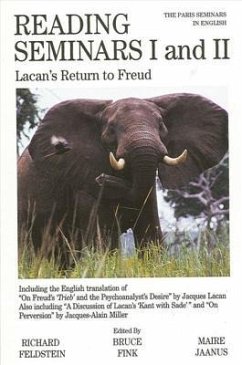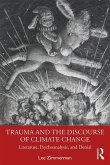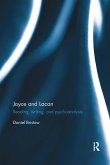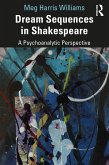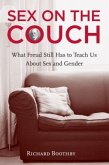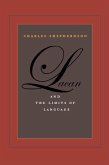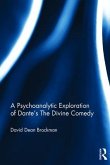In this collection of essays, Lacan's early work is first discussed systematically by focusing on his two earliest seminars: Freud's Papers on Technique and The Ego in Freud's Theory and in the Technique of Psychoanalysis. These essays, by some of the finest analysts and writers in the Lacanian psychoanalytic world in Paris today, carefully lay out the background and development of Lacan's thought. In Part I, Jacques-Alain Miller spells out the philosophical and psychiatric origins of Lacan's work in great detail. In Parts II, III, and IV, Colette Soler, Eric Laurent, and others explain in the clearest of fashions the highly influential conceptualization Lacan introduces with the terms "symbolic," "imaginary," and "real." Part V provides the first sustained account in English to date of Lacan's reformulation of psychoanalytic diagnostic categories--neurosis, perversion, psychosis, and their subcategories--their theoretical foundations, and clinical applications (ample case material is provided here.) Parts VI and VII of this collection take us well beyond Seminars I and II, relating Lacan's early work to his later views of the 1960s and 1970s. Slavoj Zizek explores the complex philosophical relations between Hegel and Lacan regarding the subject and the cause. And Lacan's article, "On Freud's 'Trieb' and the Psychoanalyst's Desire"--that appears here for the first time in English and is brilliantly unpacked by Jacques-Alain Miller in his "Commentary on Lacan's Text"--takes a giant step forward to 1965 where we see a crucial reversal in Lacan's perspective: desire is suddenly devalued, the defensive, inhibiting nature of desire coming to the fore. "What then becomes essential is the drive as an activity related to the lost object that produces jouissance."
Hinweis: Dieser Artikel kann nur an eine deutsche Lieferadresse ausgeliefert werden.
Hinweis: Dieser Artikel kann nur an eine deutsche Lieferadresse ausgeliefert werden.

